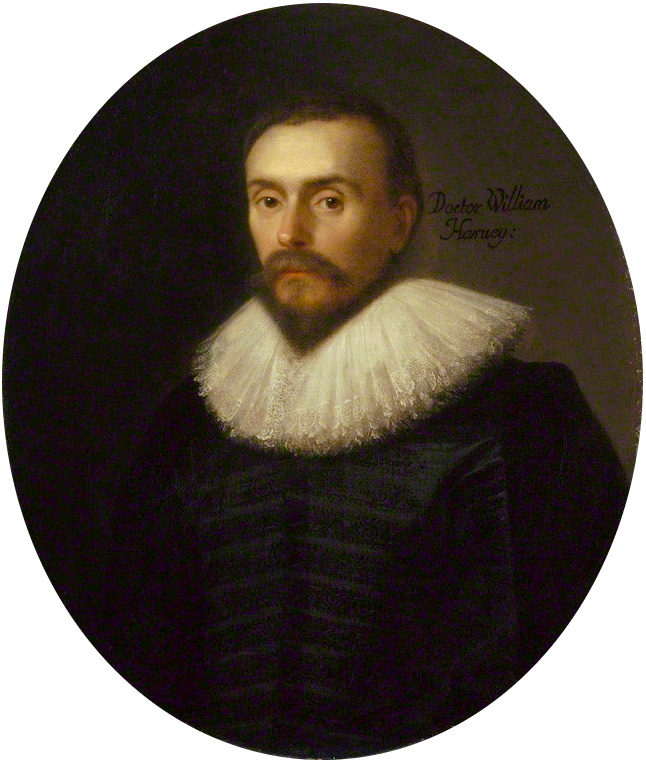"Dedication to Dr. Argent and Other Learned Physicians"; a portion of this statement is often quoted alone as simply "All we know is still infinitely less than all that still remains unknown.
De Motu Cordis et Sanguinis (1628)
Kontextus: Very many maintain that all we know is still infinitely less than all that still remains unknown; nor do philosophers pin their faith to others' precepts in such wise that they lose their liberty, and cease to give credence to the conclusions of their proper senses. Neither do they swear such fealty to their mistress Antiquity that they openly, and in sight of all, deny and desert their friend Truth. But even as they see that the credulous and vain are disposed at the first blush to accept and believe everything that is proposed to them, so do they observe that the dull and unintellectual are indisposed to see what lies before their eyes, and even deny the light of the noon-day sun.
William Harvey: Idézetek angolul
De Generatione Animalium (1651)
Kontextus: Man comes into the world naked and unarmed, as if nature had destined him for a social creature, and ordained him to live under equitable laws and in peace; as if she had desired that he should be guided by reason rather than be driven by force; therefore did she endow him with understanding, and furnish him with hands, that he might himself contrive what was necessary to his clothing and protection. To those animals to which nature has given vast strength, she has also presented weapons in harmony with their powers; to those that are not thus vigorous, she has given ingenuity, cunning, and singular dexterity in avoiding injury.
"Dedication to Dr. Argent and Other Learned Physicians".
De Motu Cordis et Sanguinis (1628)
“I avow myself the partisan of truth alone.”
"Dedication to Dr. Argent and Other Learned Physicians"
De Motu Cordis et Sanguinis (1628)
'"Dedication to King Charles".
De Motu Cordis et Sanguinis (1628)
"Dedication to Dr. Argent and Other Learned Physicians".
De Motu Cordis et Sanguinis (1628)
Introduction.
De Generatione Animalium (1651)
